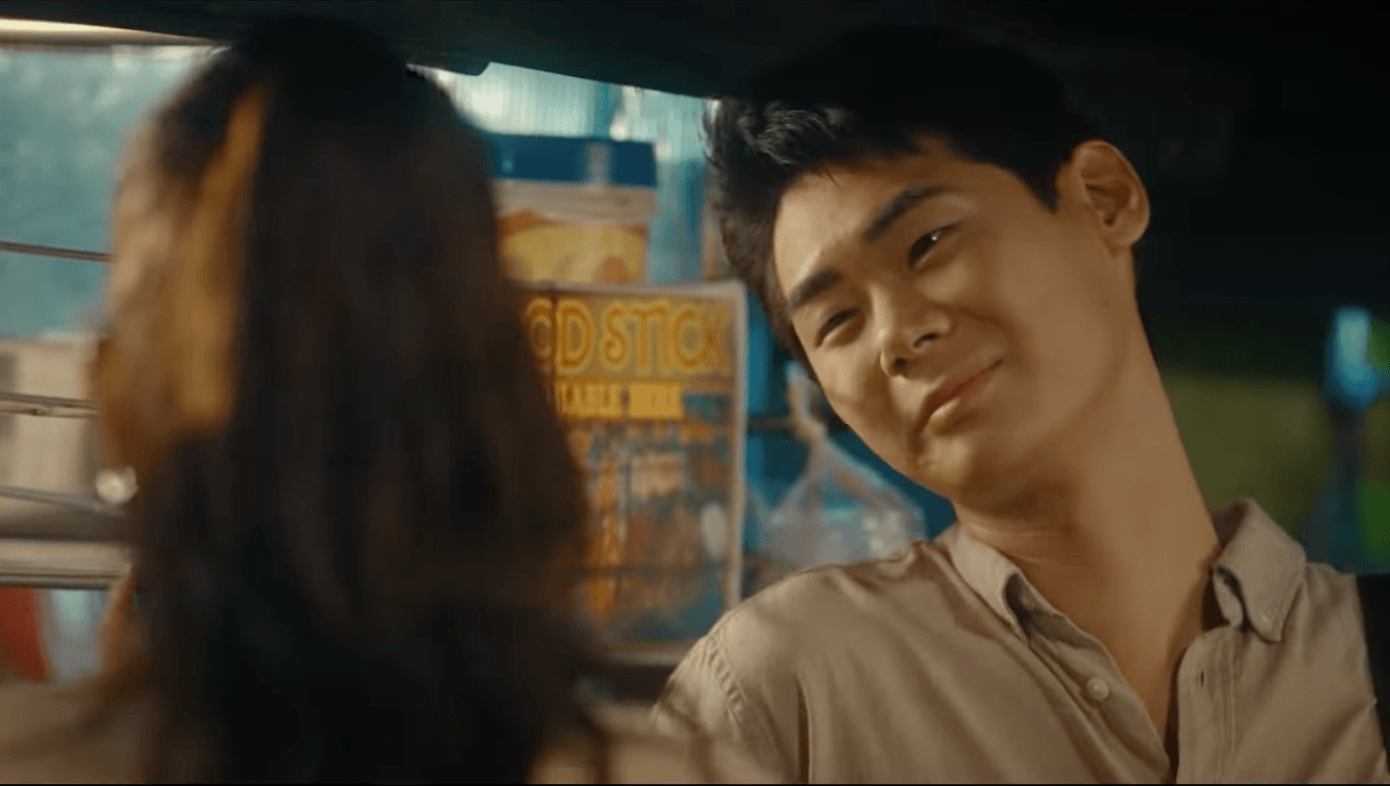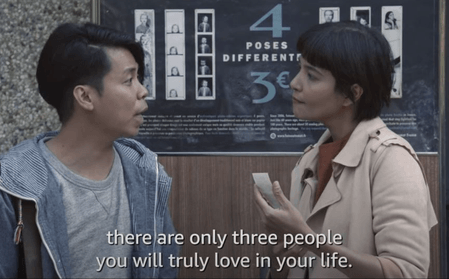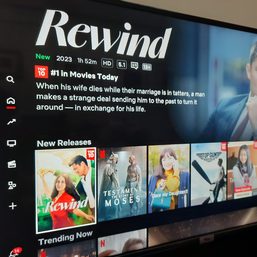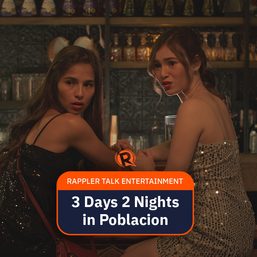SUMMARY
This is AI generated summarization, which may have errors. For context, always refer to the full article.

This is a spoiler-free review.
There is undoubtedly a very huge swath of people in the Philippines who would agree with me that Korean entertainment, specifically K-dramas and K-pop, are practically indispensable in our current age of online content consumption, to the point that fantasizing about having a Korean trip with an cute oppa is probably a common pastime to escape the stress and monotony of work and school life.
The Hallyu wave has been such a cultural behemoth that even our senators are threatened by the thought of Korean actors being deemed as more “pogi” than Filipino ones. Recently, Netflix also released a hilariously acted ad starring Ruffa Mae Quinto recreating Kill Boksoon action scenes in a nondescript supermarket while referencing her most iconic lines from Philippine cinema history. It’s this bizarre and fascinating case of Korean and Filipino mishmash that has kept running circles in my head when watching Bela Padilla’s latest film – because Yung Libro sa Napanood Ko is practically a Filipino romantic fantasy tinted by the rose-colored lens of Korean dramas.
A writer named Lisa (Padilla) is inspired into writing a book after watching — you guessed it — a K-drama. At a book signing event, a very iconic meet-cute place for any romcom, she encounters Kim Gun Hoo (Yoo Min-gon), a big fan of her novel, who eventually invites her to come to South Korea with him to explore the iconic locations featured in her beloved drama. The two live out their own kind of romantic adventure as they eat in food markets, visit clubs, and have moments of reflection by the Han River, all set to the musical score of Kean Cipriano.
Then, by the midway point, the film turns into familiar melodrama. One that, while tackling issues of mental health and self-love, flies too close to the sun of worn-out tropes. This portion of the film is buoyed by Lorna Tolentino’s brief but significant part (I wish there was more screen time for her!) as Lisa’s mother, who was an overseas worker in Korea back then. The second half is supposed to fill in the gaps that might’ve felt awkward or disjointed, but really, it only added to the tedium. The whole section dedicated to flashbacks and backstories acts like its own K-drama episode, which can be a good thing for some, but exhausting for others as the whole film starts to feel like a shortened season despite its limited runtime.
Could there have been a more economical way to reveal this? A more natural and pace-friendly method to explain much-needed context? Throughout the film, I never doubted that the two leads would ultimately get together, and when you’re waiting for the inevitable to happen, you end up a passive viewer just soaking up the fact that Bela and Yoo Min-gon went on a Korea trip and you didn’t.
This is the common problem with travel films (this isn’t the only one of its kind in the Summer MMFF, beware). It’s no different than watching a travel vlog that begs the audience to vicariously live through its influencers. Such films have the potential to explore the nuances of various cultures and immerse viewers in the rich mosaic of human experience as well as its hardships (films like Hello, Love, Goodbye succeed at this). But all this film showed me is how similar Filipinos and Koreans are, with one scene even blatantly showcasing how Koreans love our food (specifically polvoron).
But in my opinion, the intrigue is in the differences, not the similarities. Far too often, we witness love team leads be drawn to one another because of their playful antagonism and opposing dynamics. Magnetism and chemistry emerge from the interplay of contrasting personalities, the push and pull of disparate backgrounds, which then makes the beautiful complexity of discovering shared values amidst cultural diversity all the more magical.
But here, I feel like Lisa and Kim aren’t really distinct as characters. There are moments wherein I wish I had known the depth and intricacy fueling Lisa’s character prior to the twist to motivate my investment in the film, which might be a critique of the script’s structure more than anything else. Coincidentally, a film that toys with structure and creates new meaning with repeated occurrences just released a few weeks ago is Walang KaParis. The two movies share numerous parallels — both are travel films, featuring romances that flourish in foreign lands. Yet, despite their tried-and-tested premises, they still ultimately left me feeling like a passive observer. I was unable to connect with this latest film’s attempts at evoking even the barest minimum of kilig, making me wish that Yung Libro was a straight-up drama disguised as a romance instead of the other way around.
Despite having all the tools to capitalize on the popularity of Korean culture, Yung Libro sa Napanood Ko falls short of capturing anything new or refreshing. There’s a scene, for instance, where Kim is suddenly motivated to go out and chase Lisa. Without giving anything away, the moment itself is emblematic of how the intentions of the scene don’t translate into the emotional response that one would expect in such a pivotal moment. The scene is presented humorously, an abrupt yet meaningful moment that is supposed to get the audience excited for the guy to get the girl. Yet none of those feelings ever came up for me. The camera lingers on a separate character for far too long, seeing her go up the stairs while complaining about the exit of our lead character, and then shifting to a different mood when she realizes what’s going on. It’s a jarring thing to focus on that dilutes the impact and ultimately undermines the intended emotional crescendo.
In trying to straddle the line between Filipino and Korean romance, the film embraces neither. It’s a standard, run-of-the-mill, unremarkable drama, despite the commendable performances of Padilla and Yoo, as well as its visually pleasing cinematography. Yet, it is these types of films that fuel the ire of so-called local film communities on social media, which lament the stagnation of Philippine cinema and point to these films as the stereotypical boogeyman. – Rappler.com
Yung Libro sa Napanood Ko is now showing at the Summer Metro Manila Film Festival from April 8 to 18 in cinemas nationwide.
Add a comment
How does this make you feel?











There are no comments yet. Add your comment to start the conversation.